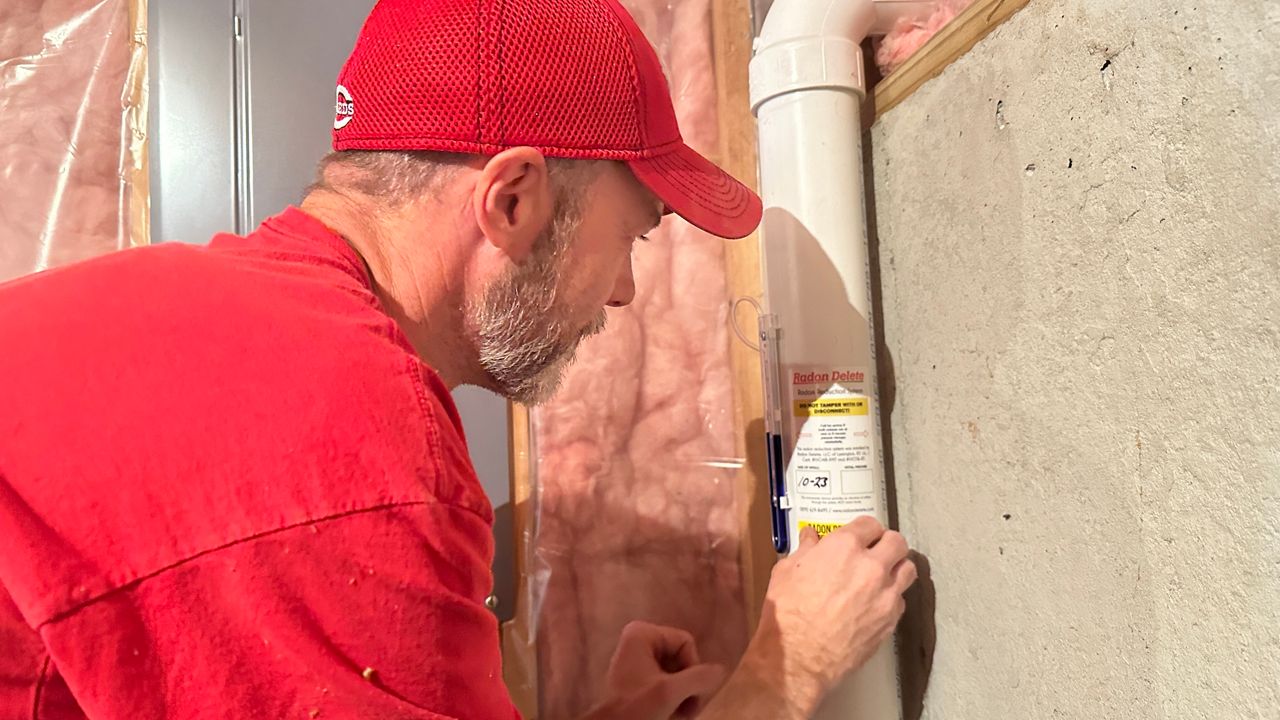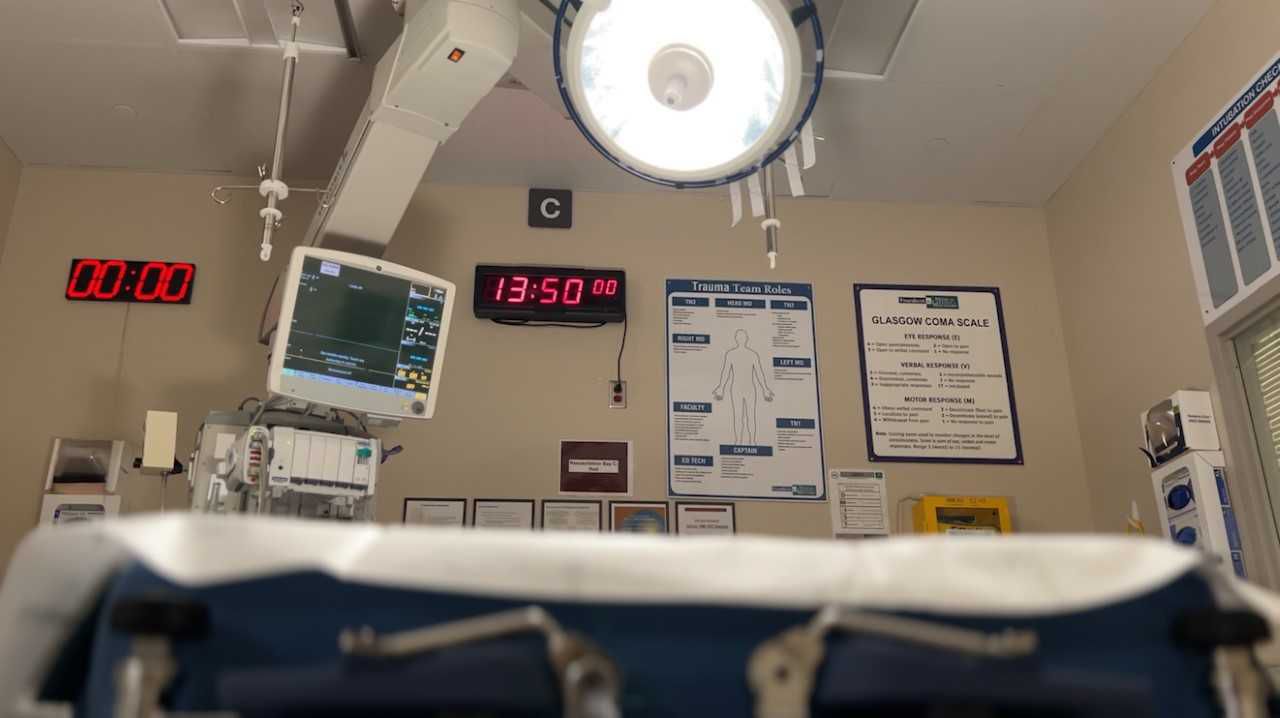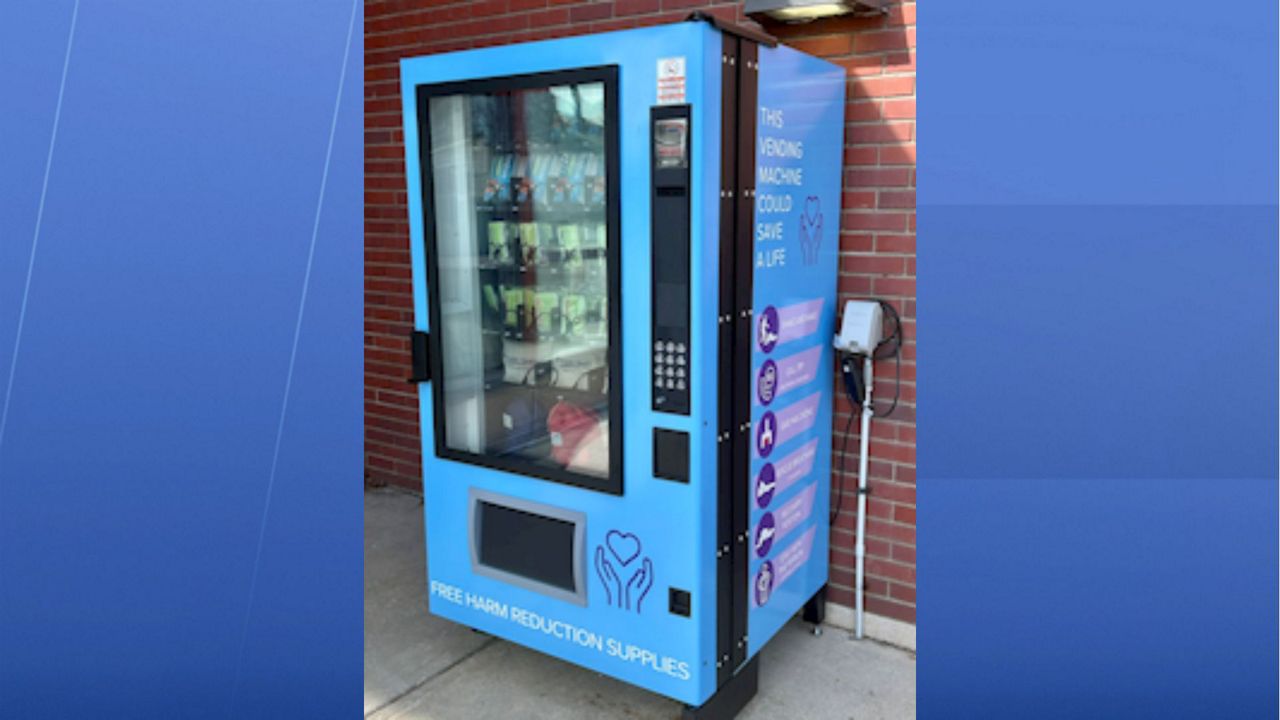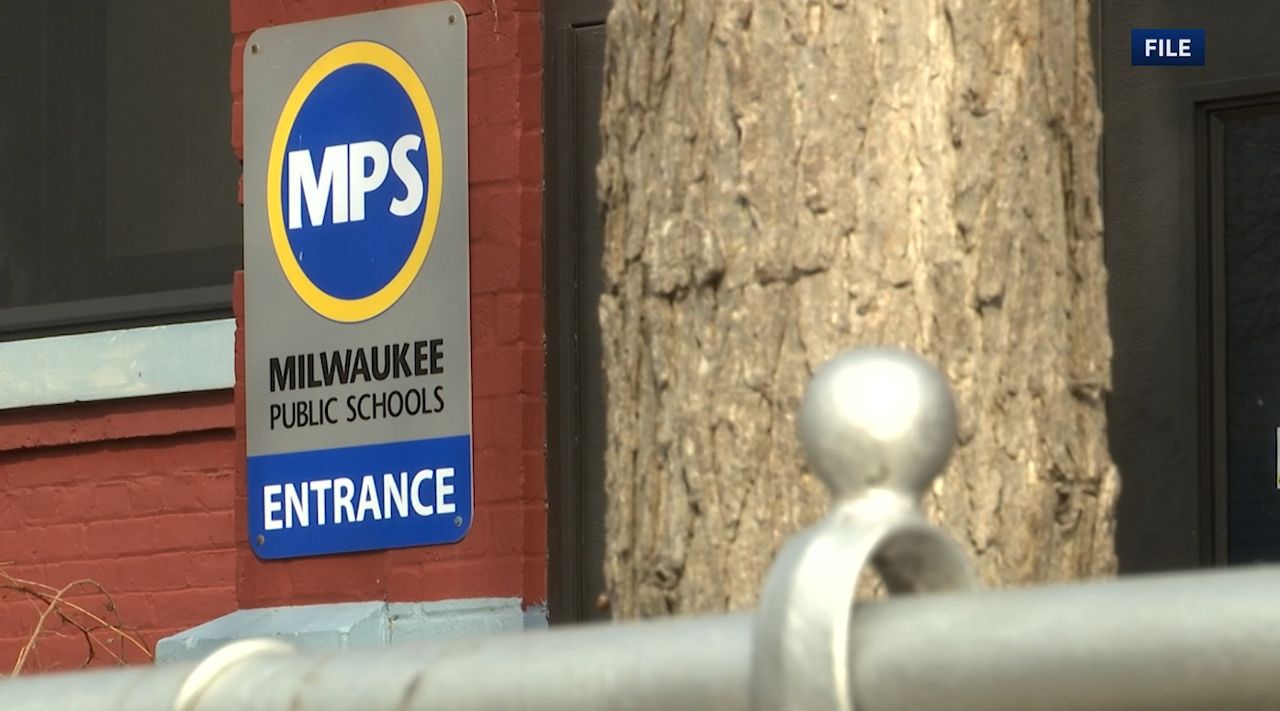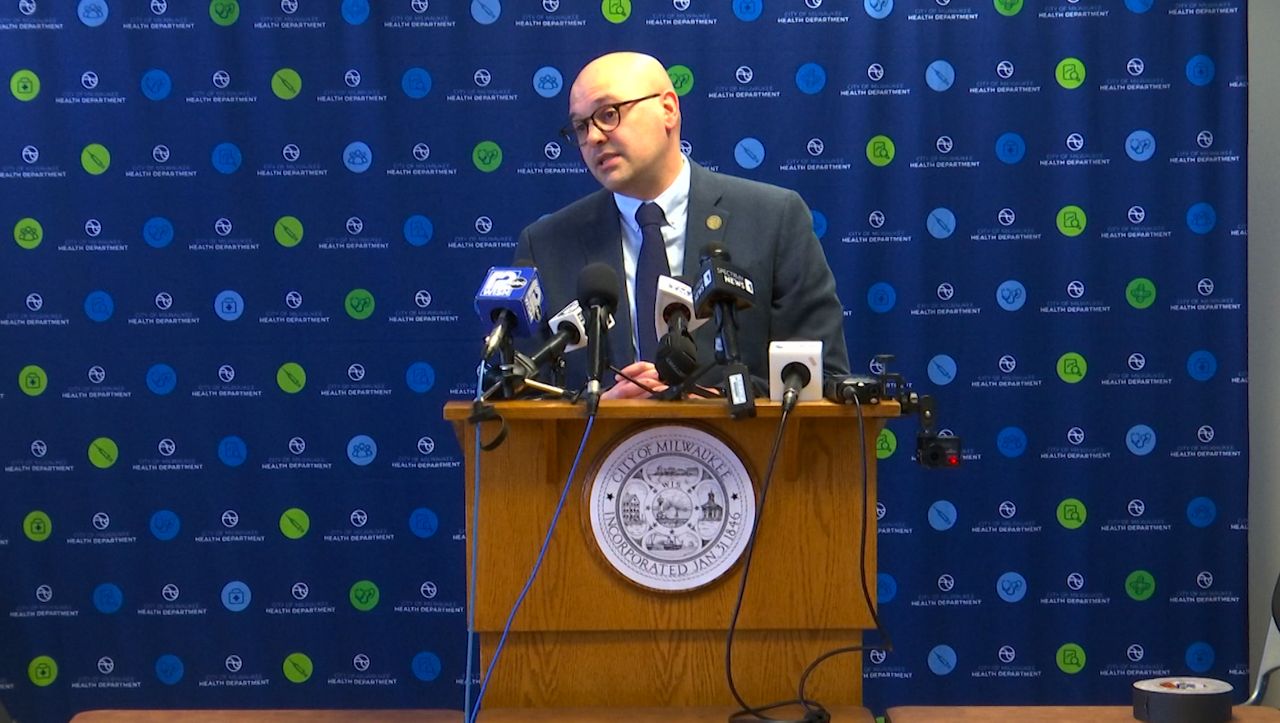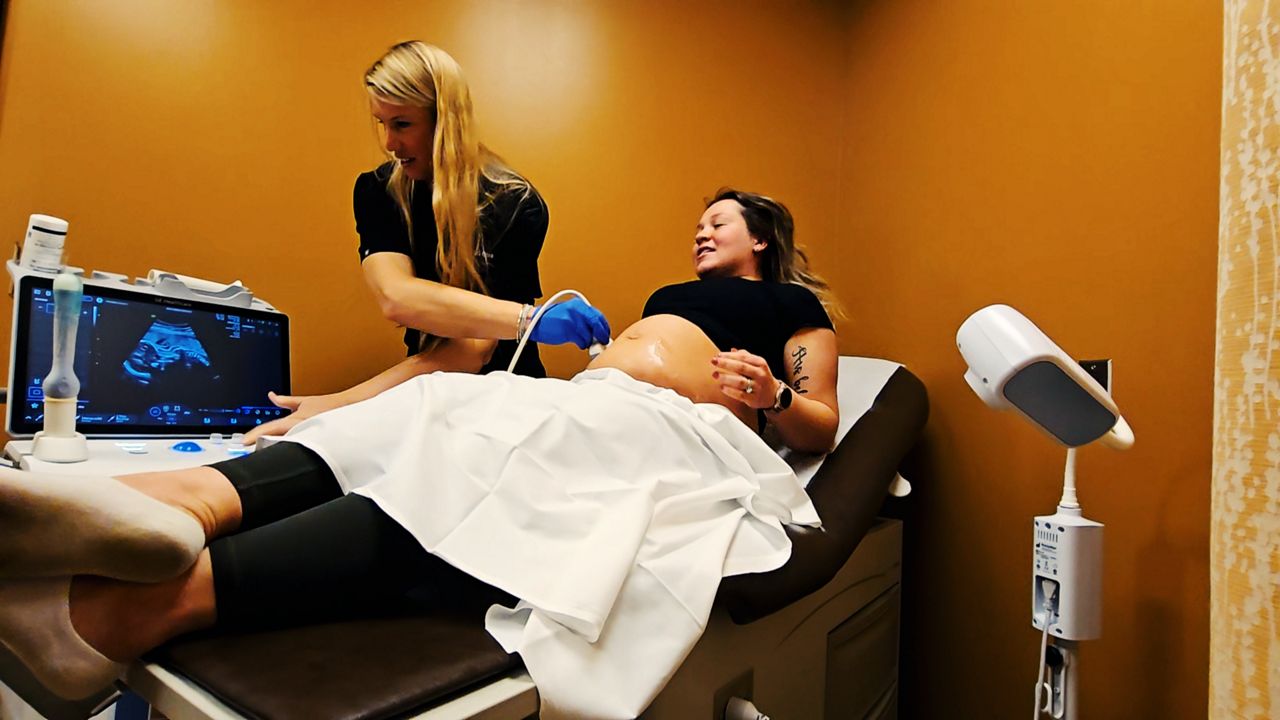WISCONSIN — High levels of radon were found in an Indigenous Wisconsin community during a University of Wisconsin study.
Over 50% of returned tests from tribal member homes showed high levels of radon, according to the collaborative study between the University of Wisconsin Carbone Cancer Center, the Stockbridge-Munsee Health and Wellness Center and the Stockbridge-Munsee Band of the Mohican Nation.
Researchers said the highest result was 25 times the recommended exposure level for the radioactive gas that occurs naturally from the ground.
Before the study, researchers estimated that around only 10-20% of homes in that community would have high levels of the substance, since around one in 10 Wisconsin homes have high radon levels. However, that percentage proved to be higher.
“This community/academic partnership was successful at radon mitigation in Native communities, where potentially harmful radon was found in 55% of tested homes—some of which had dangerously high levels commensurate to the risk of smoking more than a pack of cigarettes per day,” said Fumiko Chino, a radiation oncologist at The University of Texas MD Anderson Cancer Center, in a press release.
Radon is most prevalent in upper Midwest states and is the second leading cause of lung cancer in the country, yet many homes go untested, according to Chino.
This study aimed to change that by identifying radon levels and helping to repair structures where it was present. A total of 85 radon testing kits were distributed across the community by researchers.
As a part of the study, researchers also had professional radon mitigation completed for the participants who were affected by high radon levels. Researchers said all participants indicated they would not have been able to pay for that service themselves, as onetime mitigation costs are high.
The study also helped to train a Native community member on radon mitigation.
“We successfully increased knowledge of radon in this community, and more importantly, they could not have afforded the radon mitigation without our project’s support. This community had noted higher rates of cancer among their people for many generations and expressed concern that their land was poisoning them. They were correct,” said lead study author and associate professor of medicine at the University of Wisconsin-Madison Noelle LoConte in a release.
Researchers said they hope to expand education, testing and mitigation across Wisconsin’s native communities. You can find out more about radon testing in Wisconsin, here.





